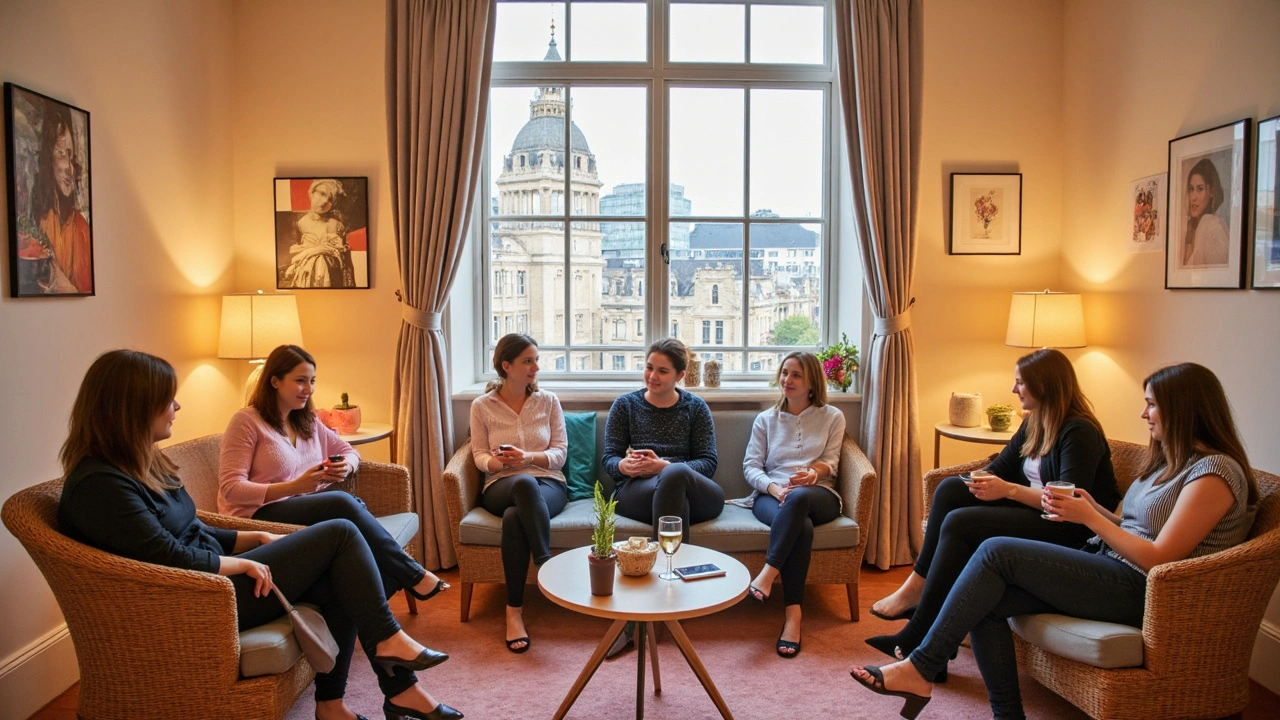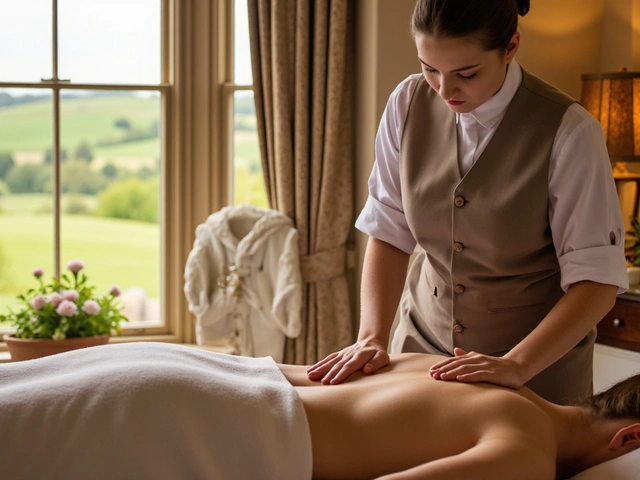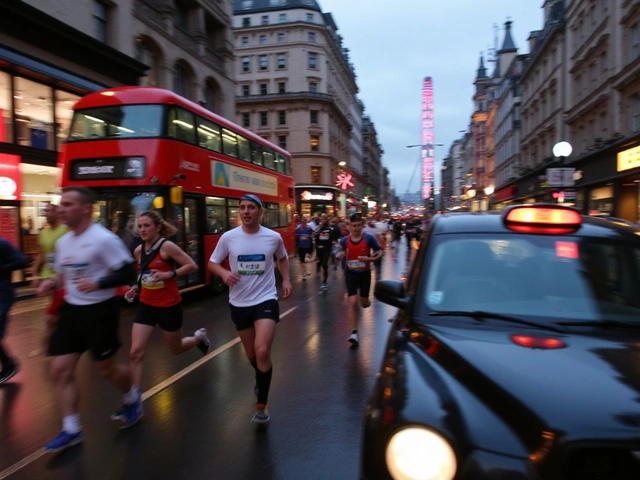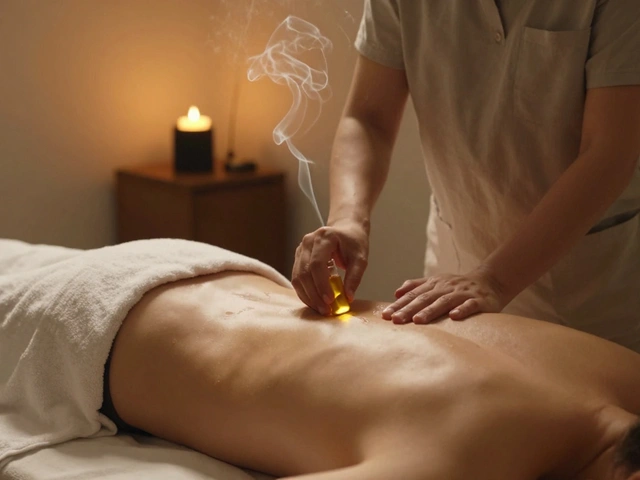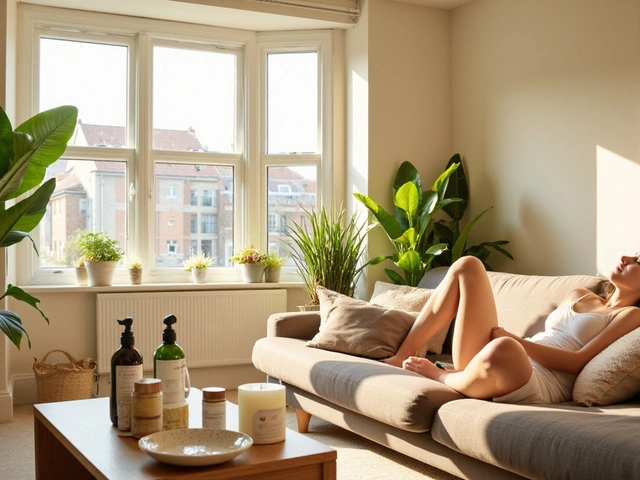Ayurvedic Massage in London – Your Practical Guide
If you’ve heard about Ayurvedic massage and wonder if it’s right for you, you’re not alone. It blends ancient Indian healing with modern relaxation techniques, and many Londoners are turning to it for stress relief, better sleep, and a deeper mind‑body connection. Below you’ll get the basics, what to look for in a therapist, and how to book a session without hassle.
What is Ayurvedic Massage?
Ayurvedic massage is rooted in the three doshas – Vata, Pitta, and Kapha – that balance your body’s energy. A therapist will use warm herbal oils tailored to your dominant dosha, applying long strokes, gentle kneading, and pressure points. The goal isn’t just muscle relief; it’s to clear blocked energy, improve circulation, and boost overall vitality. Most sessions last 60‑90 minutes and end with a short rest period so the oils can soak in.
Finding the Best Ayurvedic Massage in London
London offers a mix of traditional Indian wellness centers and boutique spa studios that specialize in Ayurvedic work. Start by checking online reviews – look for mentions of clean facilities, knowledgeable therapists, and how well they personalize the oil blend. A good therapist will ask about your lifestyle, any health issues, and your dosha before the treatment. Don’t be shy about asking for a quick consultation; it’s a sign of professionalism.
Pricing in London typically ranges from £70 to £120 for a full hour, depending on the spa’s location and the therapist’s experience. Many places offer a discount for first‑time clients or package deals if you plan to book multiple sessions. Keep an eye out for specials that include a post‑massage tea or a short yoga stretch – these extras can deepen the benefits.
When you arrive, the therapist will usually give a brief rundown of the session flow. You’ll be asked to undress to your comfort level, lie on a draped table, and relax while warm oil is warmed to around body temperature. The massage starts with gentle strokes to spread the oil, then moves to deeper work on tense areas like the back, shoulders, and legs. Expect a soothing scent from the herbs – common oils include sesame, coconut, and neem.
After the massage, the therapist will wipe away excess oil and suggest a few home tips. Drinking warm water, avoiding heavy meals for a couple of hours, and getting plenty of rest are typical recommendations. Some therapists also advise a short meditation or breathing exercise to lock in the calm.
If you have any medical conditions – hypertension, skin allergies, or recent surgeries – mention them upfront. Most Ayurvedic practitioners will adjust pressure or oil type to keep the session safe. It’s also wise to let them know if you’re pregnant; there are specific doshas and oils that work best in that case.
Booking is usually straightforward: most spas have an online calendar, but a quick phone call can help you confirm the therapist’s experience with Ayurvedic techniques. Ask about hygiene practices, especially how they handle oil reuse and linen cleaning. A clean environment is essential for a truly relaxing experience.
In short, Ayurvedic massage in London offers a gentle yet powerful way to reset your body’s balance. By choosing a reputable therapist, understanding what the treatment involves, and following simple after‑care tips, you can enjoy more energy, reduced stress, and a feeling of calm that lasts days after the session.
Discover the secret to stress relief with Indian massage in London. Learn about benefits, types, how to book, costs, and tips for a truly relaxing experience.
Read More